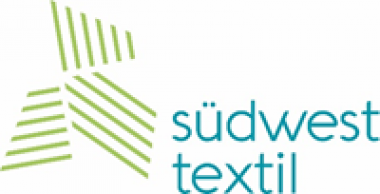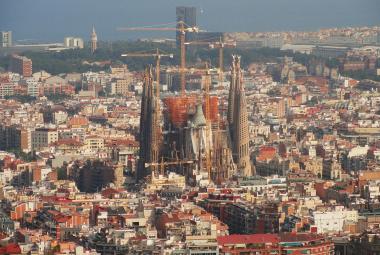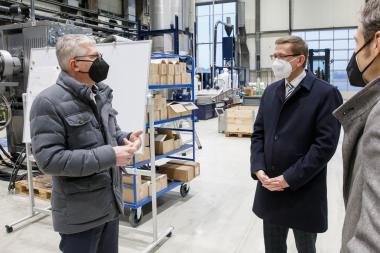Rentendebatte: Südwesttextil kritisiert Bundesarbeitsminister Hubertus Heil
In der Debatte um ein höheres Renteneintrittsalter sieht Südwesttextil den Wert von erfahrenen Mitarbeitenden und fordert Anreize und gemeinschaftliche Lösungen statt politischer Feindseligkeit gegenüber der Wirtschaft.
Seitdem sich Bundeskanzler Olaf Scholz für stärkere Anreize für die Arbeit bis zum Renteneintritt ausgesprochen hat, wird über das Eintrittsalter diskutiert. Zuletzt veröffentlichte Zahlen des Bundesinstituts für Bevölkerungsforschung (BiB) zeigen einen Trend zum früheren Renteneintritt. Als Arbeitgeberverband der südwestdeutschen Textil- und Bekleidungsindustrie sieht Südwesttextil in dieser Entwicklung ebenso ein Problem wie Bundeskanzler Olaf Scholz und kritisiert die undifferenzierte Äußerung zur Beschäftigung von über 60-jährigen von Bundesarbeitsminister Hubertus Heil.
Hauptgeschäftsführerin Edina Brenner: "Das Know-how älterer Arbeitnehmer*innen ist in unserer Branche hochgeschätzt. Qualifizierte Fachkräfte sind bis ins hohe Alter gesucht und unsere Mitgliedsunternehmen schaffen Modelle, die das Flexirentengesetz nutzen. Dabei sind betriebliche Gesundheits- und Präventionsprogramme ebenso selbstverständlich wie Qualifizierungsmaßnahmen. Die SPD hat mit dem Flexirentengesetz die Barrieren für den Renteneintritt ab 63 gesenkt und besteht in der aktuellen Debatte darauf, das Eintrittsalter nicht zu erhöhen. Statt Arbeitgebern die Probleme in der Rentendebatte "in die Schuhe zu schieben", sollte die Bundesregierung ihren Fokus auf die partnerschaftliche Zusammenarbeit mit der Wirtschaft zur Bewältigung des Fachkräftemangels legen."
Südwesttextil Verband der Südwestdeutschen Textil- und Bekleidungsindustrie Südwesttextil e.V. Rente
Verband der Südwestdeutschen Textil- und Bekleidungsindustrie Südwesttextil e.V.











